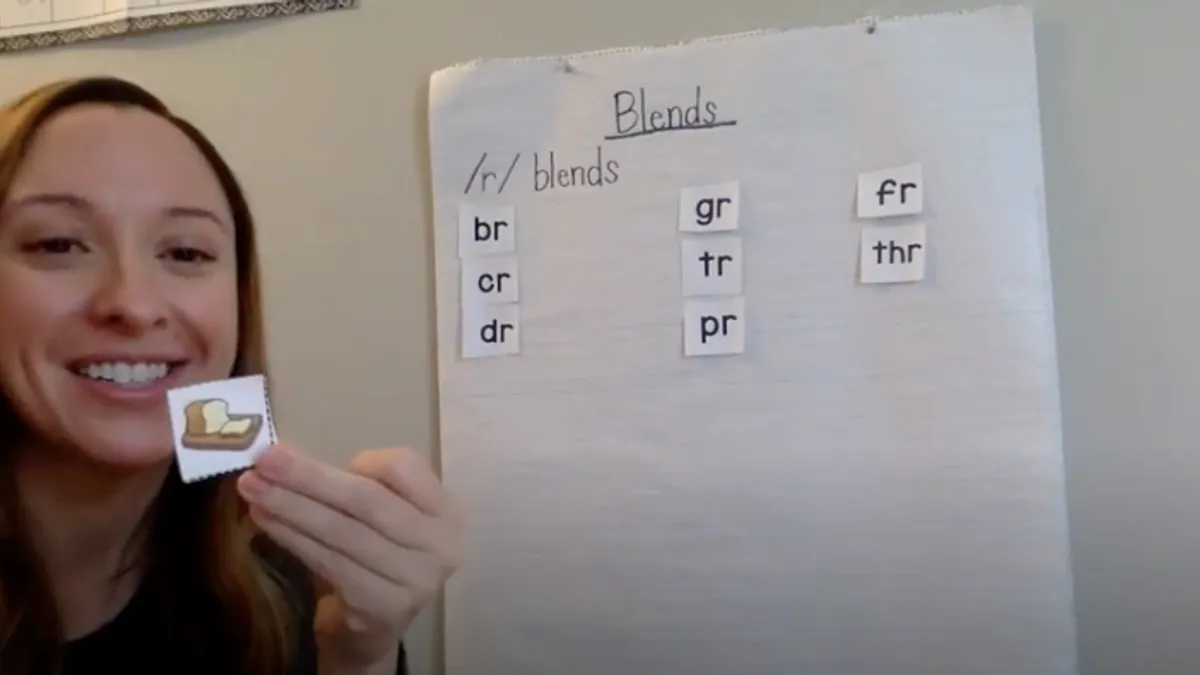Dive Brief:
- One in five teachers surveyed in an USA Today/Ipsos poll said they will likely not return to the classroom in the fall, USA Today reports.
- A majority of the teachers surveyed (83%) said they are struggling to do their job while schools are closed, 76% said remote learning is causing students to fall behind, and half were “very” worried about their students.
- In addition, six out of 10 parents polled in the same survey said they are hesitant about sending their children back to school, with 30% saying they are “very likely” to keep their children home in the fall. Four in 10 parents and teachers opposed returning to the classroom before a coronavirus vaccine is available.
Dive Insight:
There is growing concern many older, vulnerable teachers and staff will opt to retire rather than return to classrooms this fall. This may prove problematic for districts that try to retain teachers during recessions as hiring freezes are often implemented.
The American Federation of Teachers and the National Education Association have suggested teacher strikes if schools reopen despite advice from medical experts. More than 18% of teachers and 27% of principals in the U.S. were over the age of 65 in 2017-18, according to an American Enterprise Institute report.
If older, veteran teachers opt to stay out of the school building until a reliable vaccine is available, the nation could face a massive teacher shortage. About 56% of the teaching workforce is 40 years old or older, with 31% at age 50 or older, according to the National Center for Education Statistics.
The right-leaning think tank AEI suggests districts create online roles for teachers and principals, and that teachers could be assigned to students who continue to opt for distance learning in the fall.
On the other hand, Linda Darling-Hammond, president and CEO of the Learning Policy Institute and president of the California State Board of Education, believes the nose-diving economy could stave off the teacher losses. Teaching is considered a stable job in times of uncertainty, said Darling-Hammond, who added the profession could end up with fewer teacher shortages than it has now.













